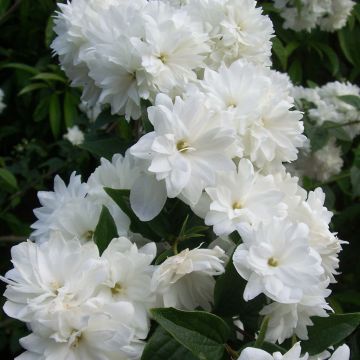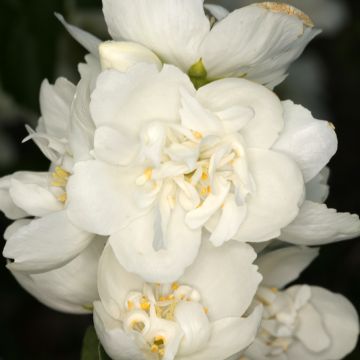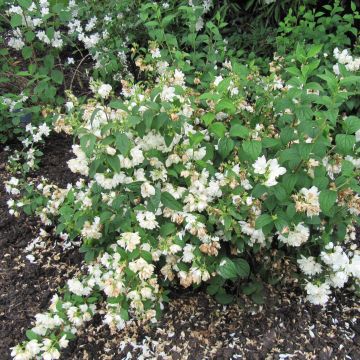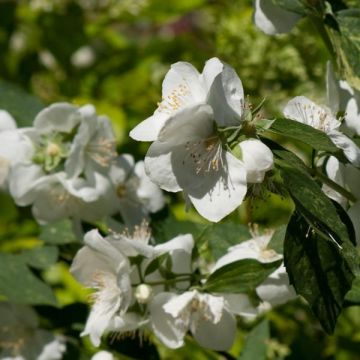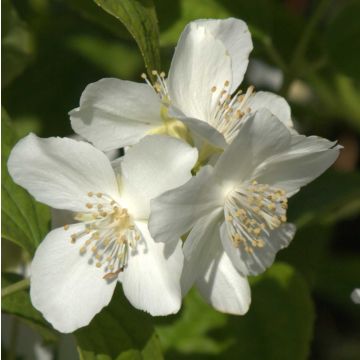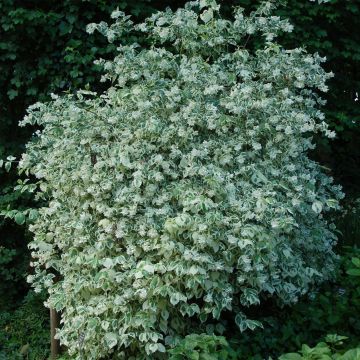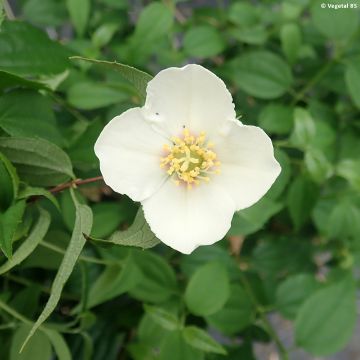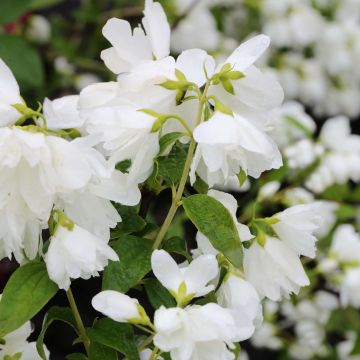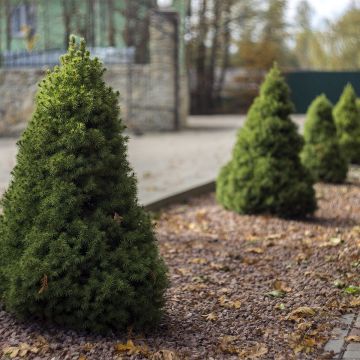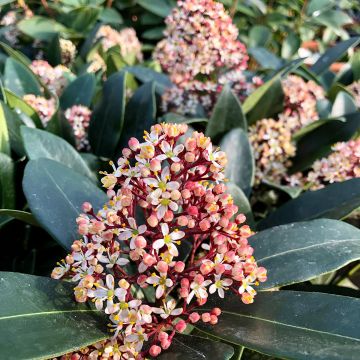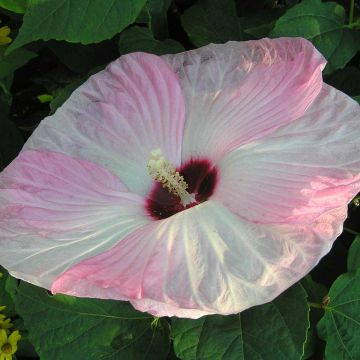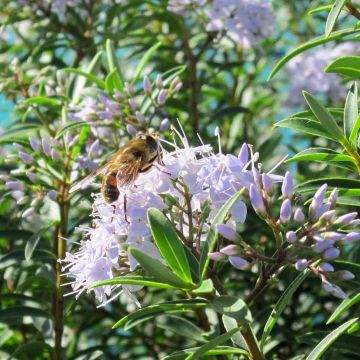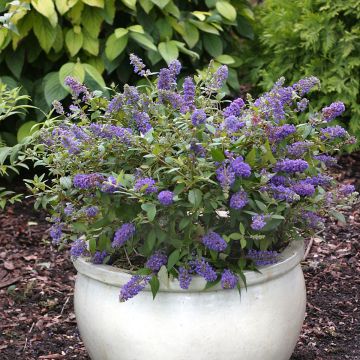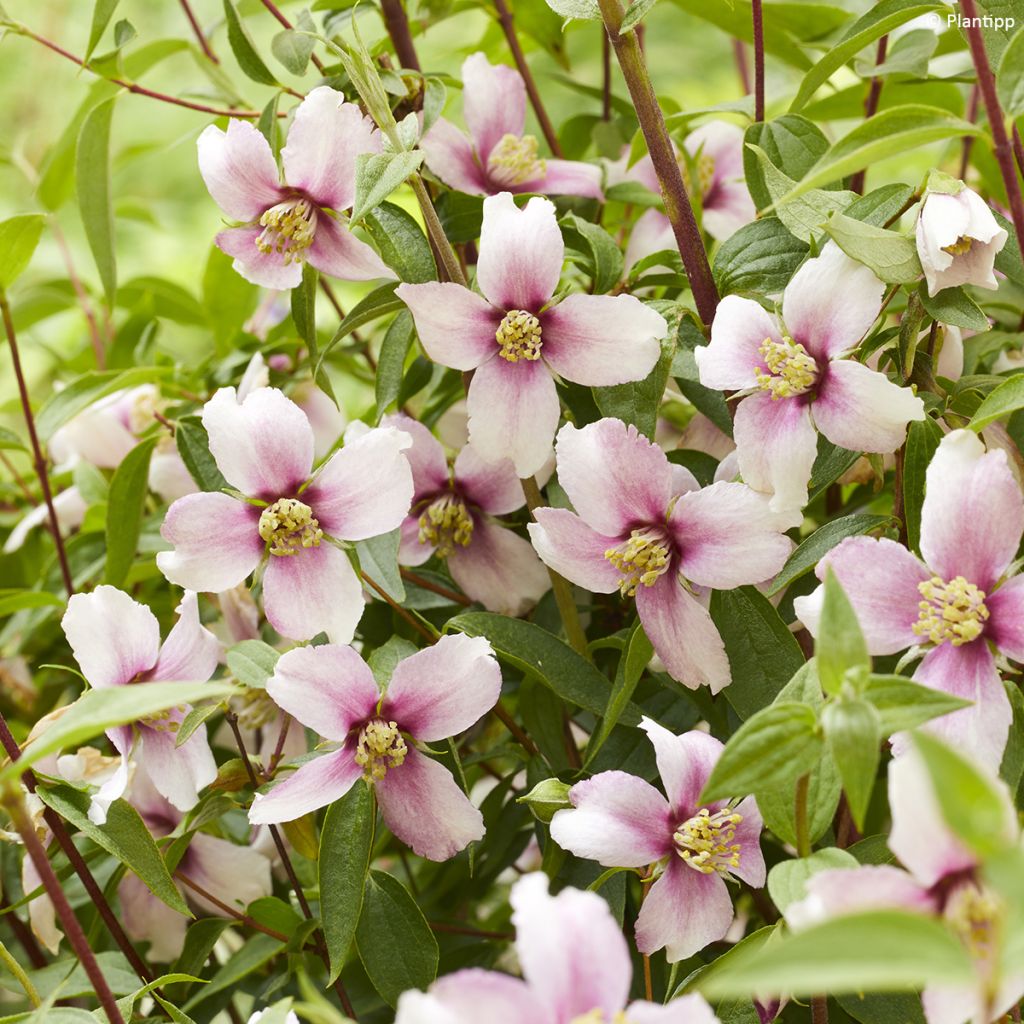

Philadelphus Petite Perfume Pink
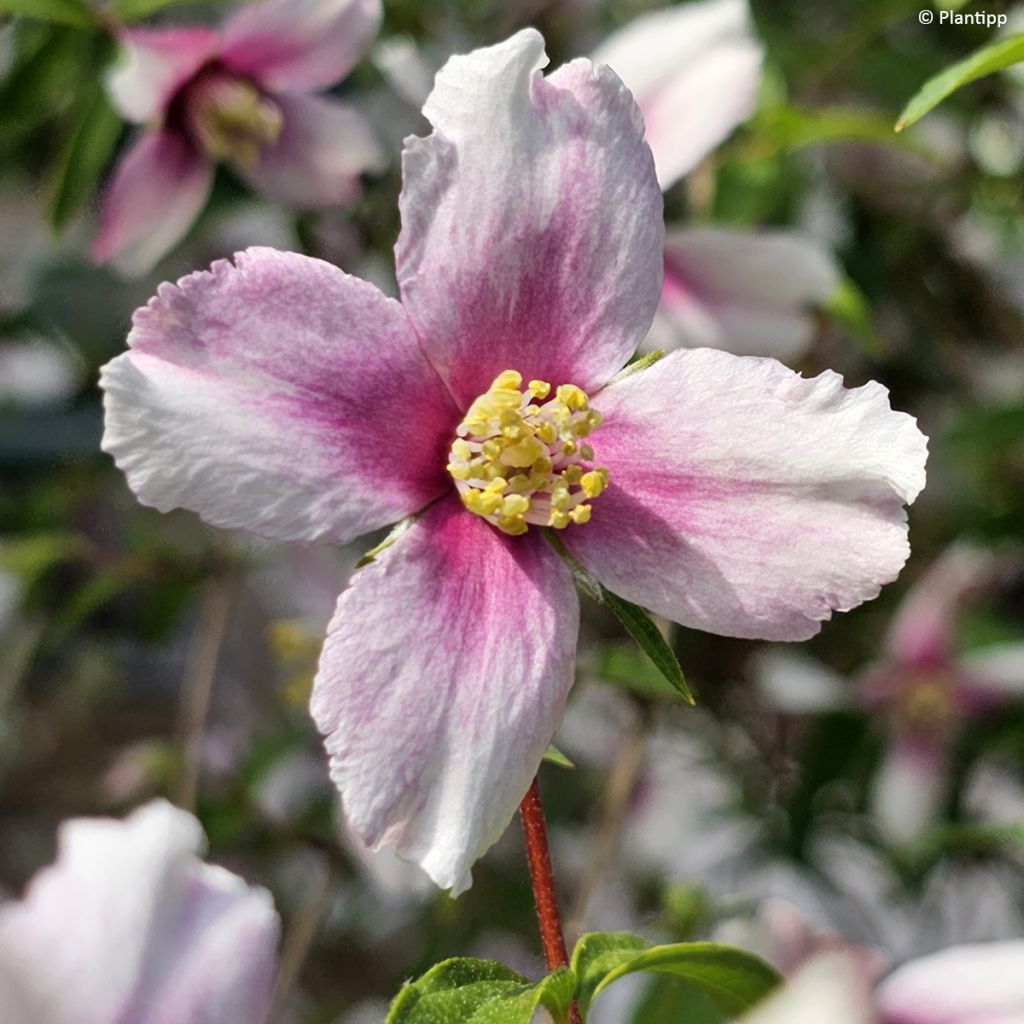

Philadelphus Petite Perfume Pink
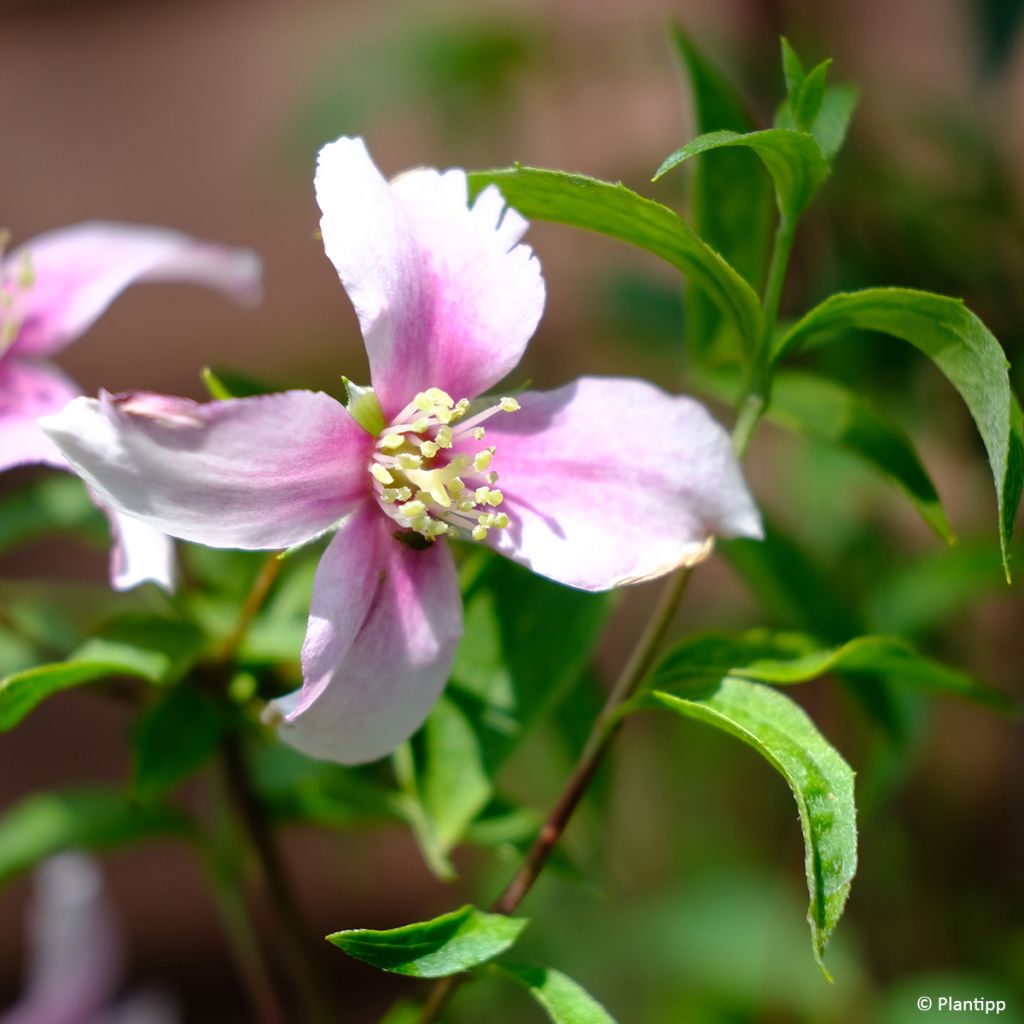

Philadelphus Petite Perfume Pink
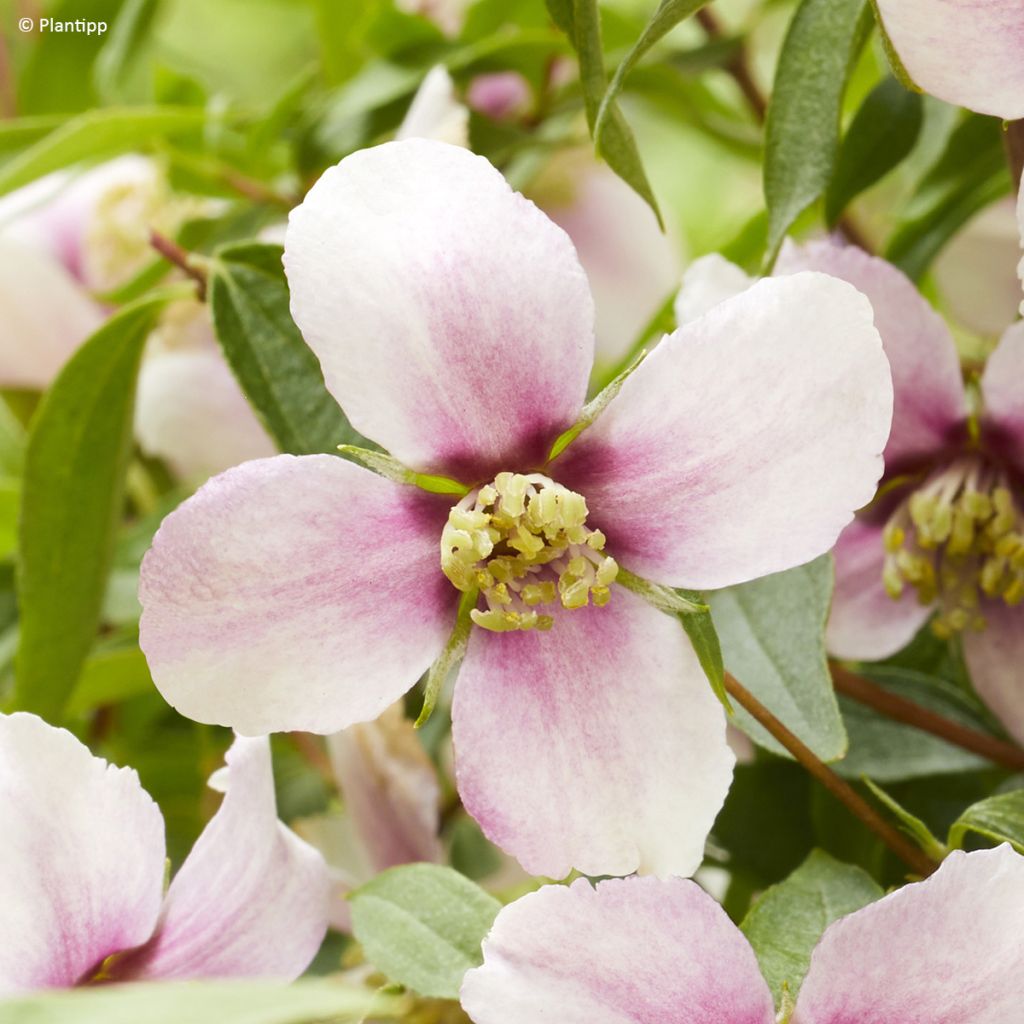

Philadelphus Petite Perfume Pink
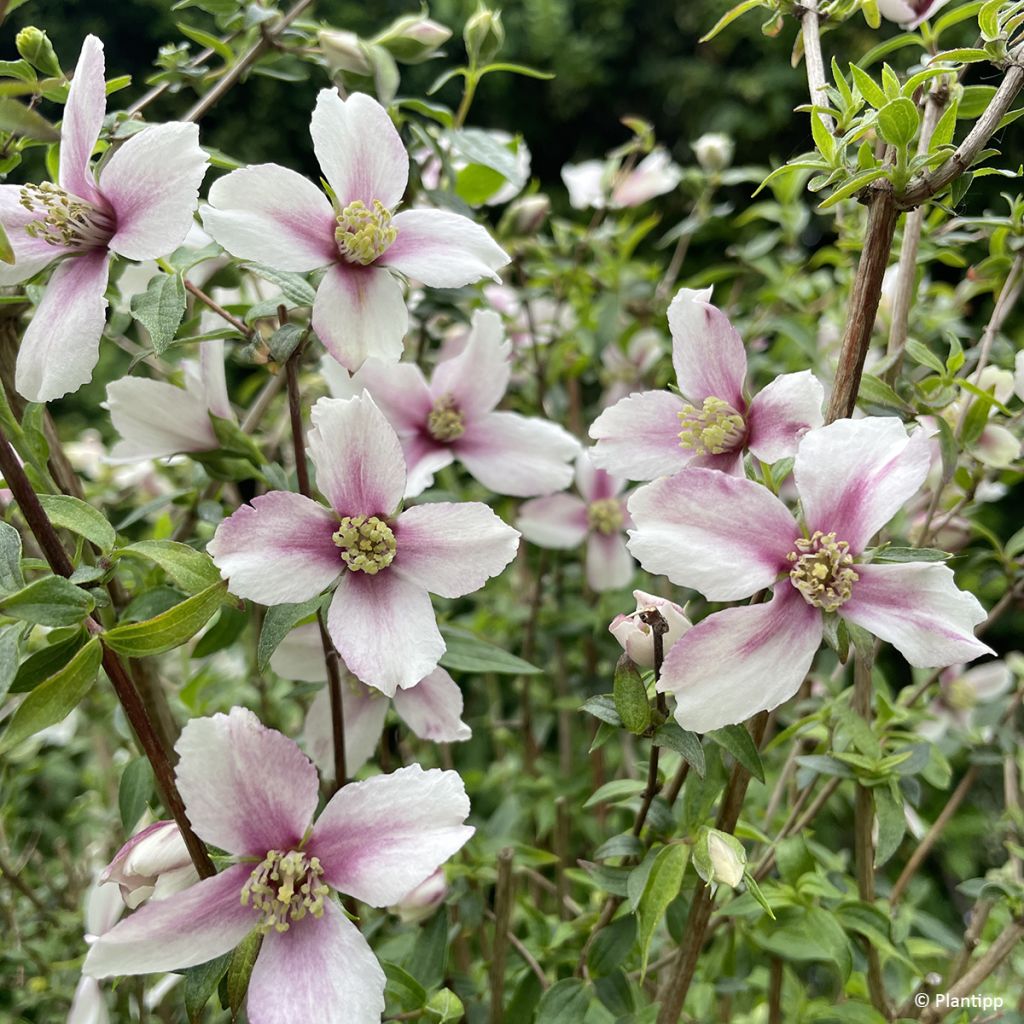

Philadelphus Petite Perfume Pink
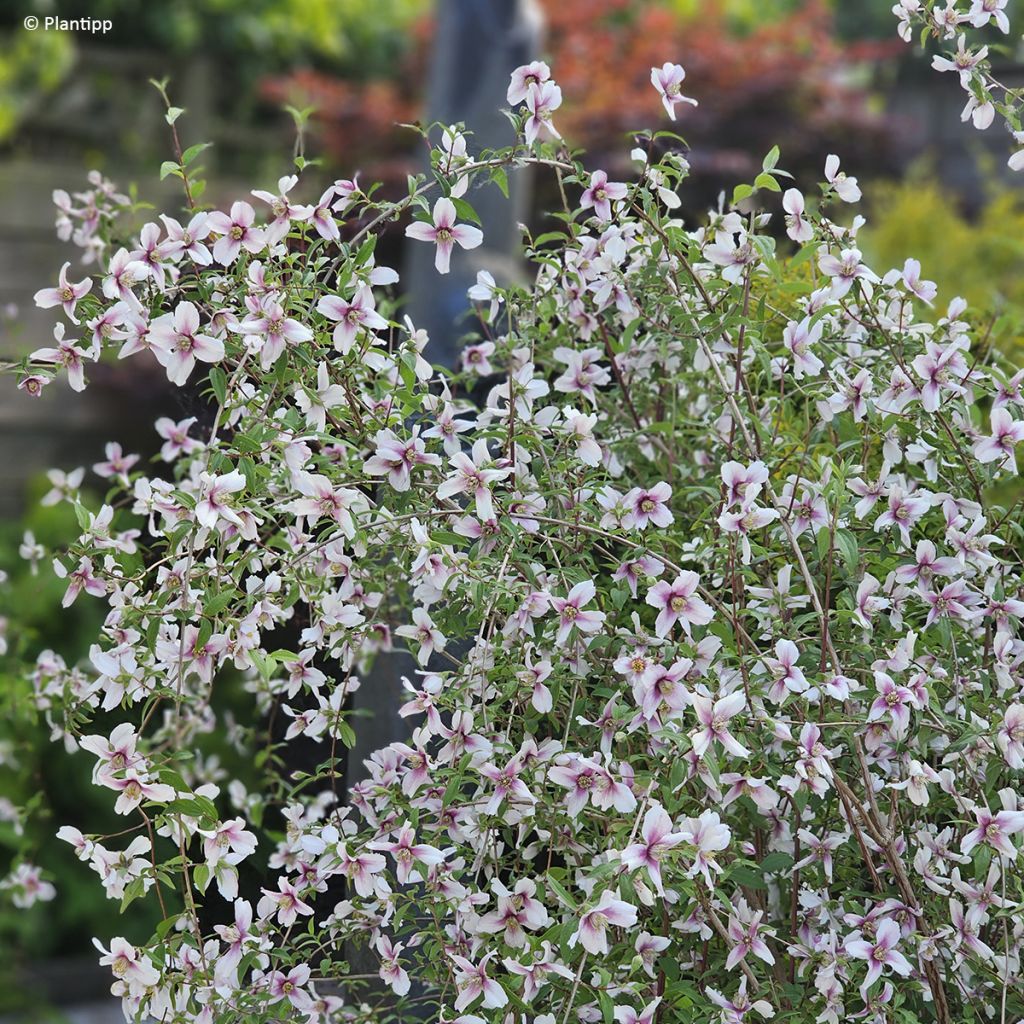

Philadelphus Petite Perfume Pink
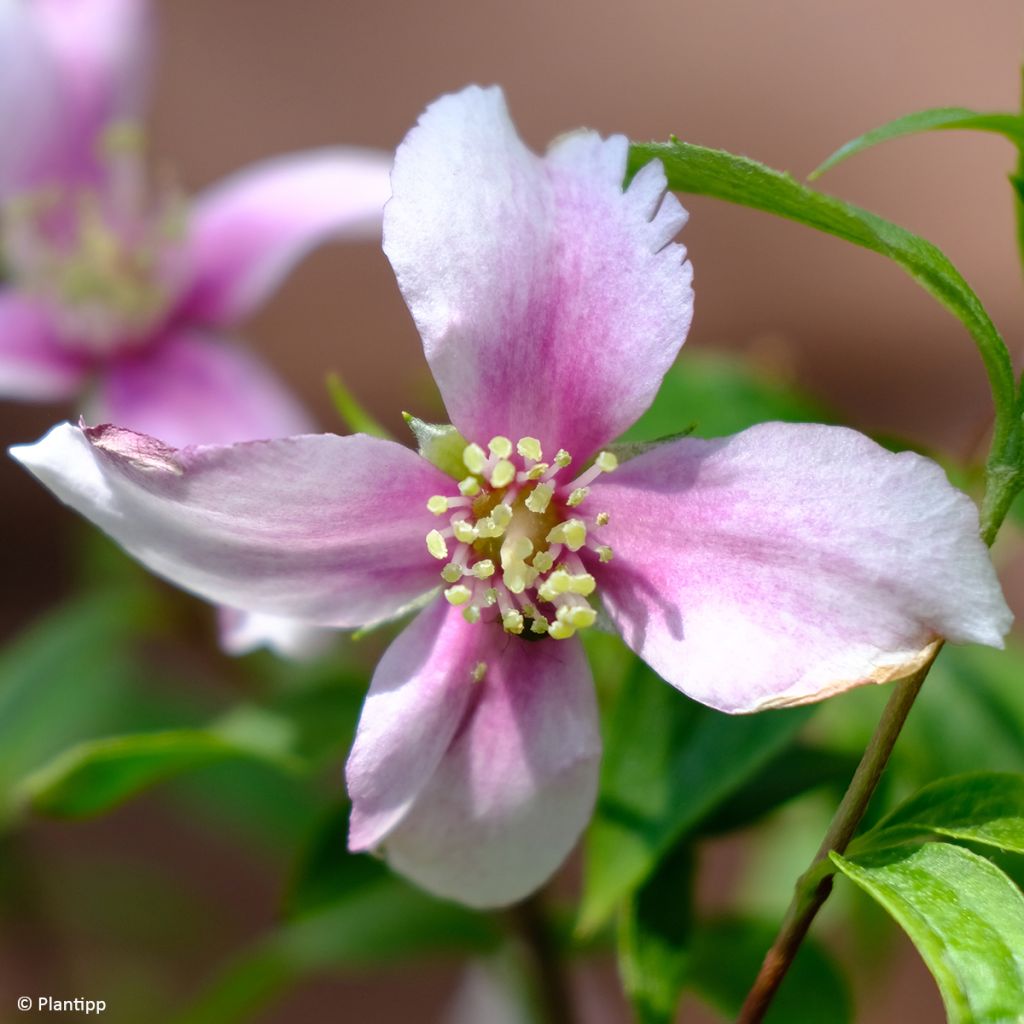

Philadelphus Petite Perfume Pink
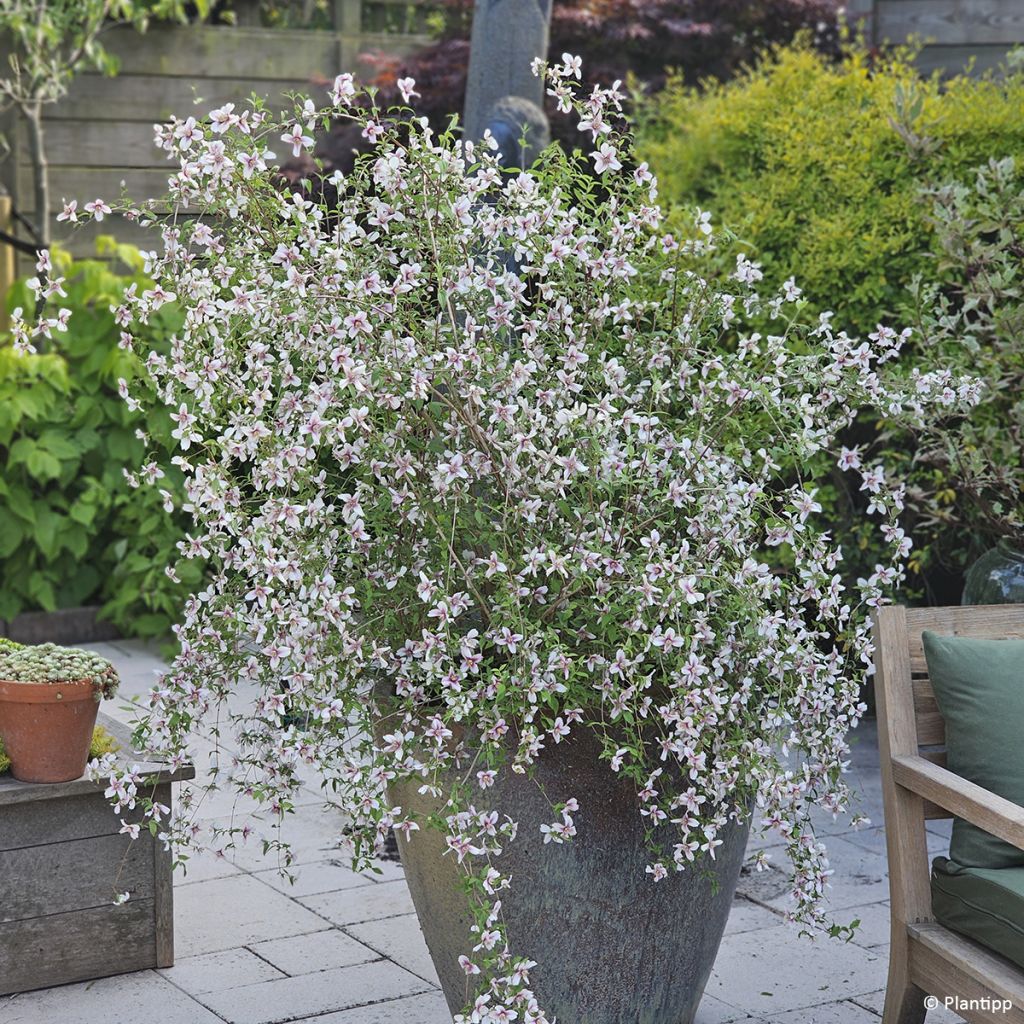

Philadelphus Petite Perfume Pink
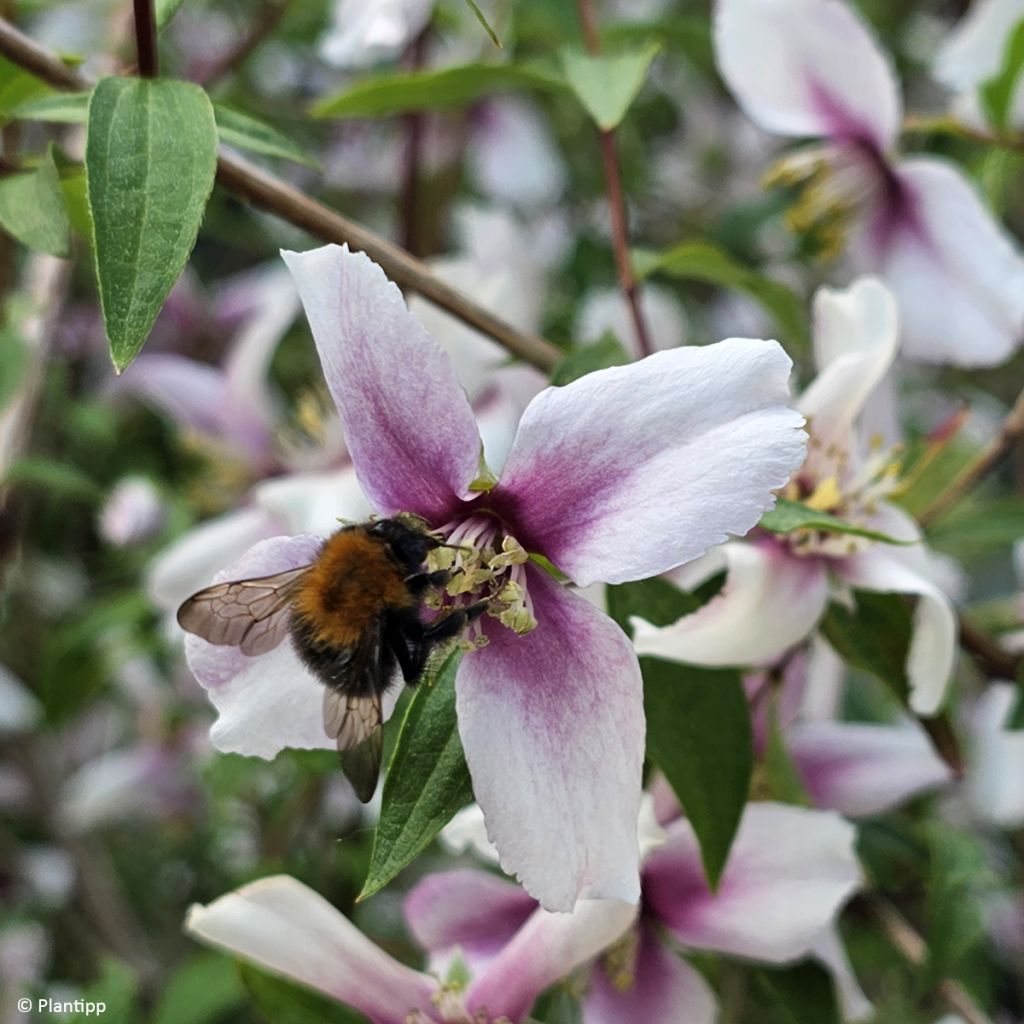

Philadelphus Petite Perfume Pink
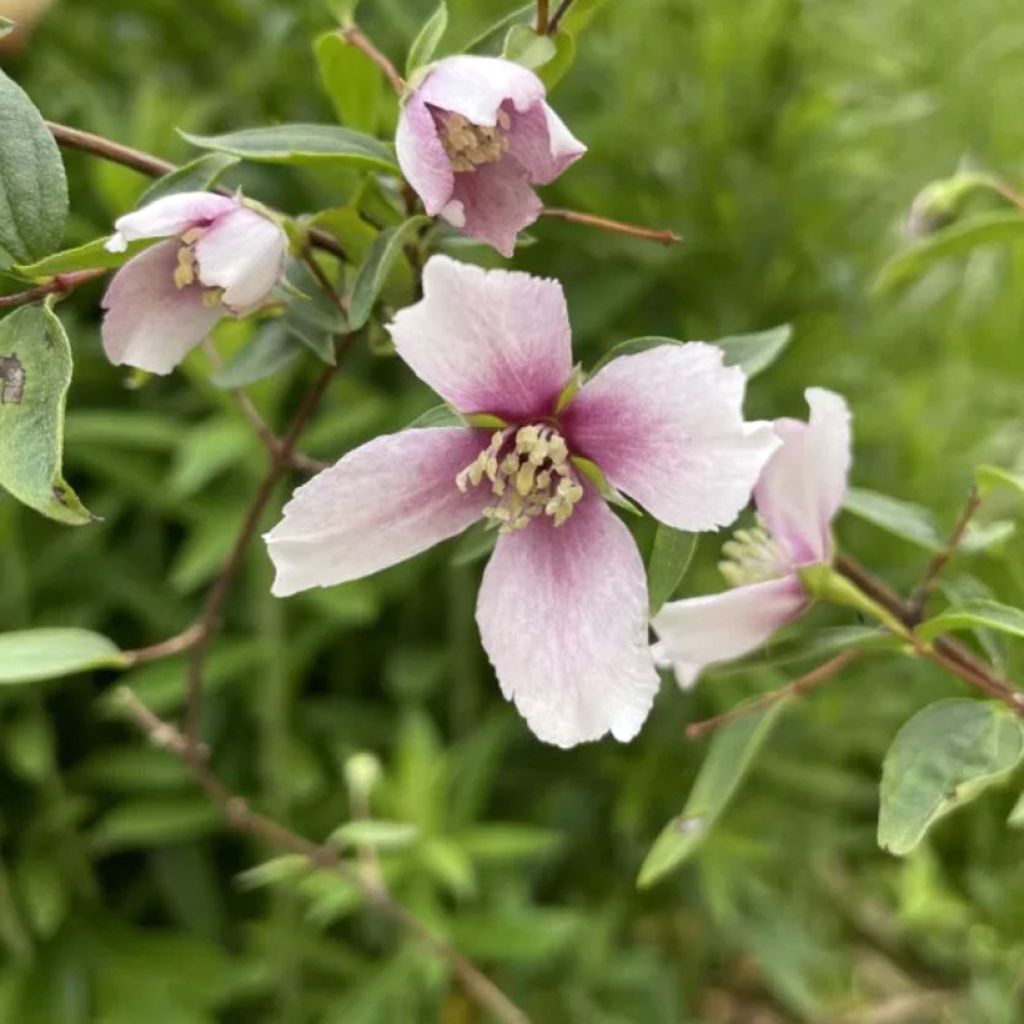

Philadelphus Petite Perfume Pink
Philadelphus Petite Perfume Pink
Philadelphus x hybrida Petite Perfume® 'Pink'
Mock orange.
Un an après mon premier avis... Je reste patiente... Pas plus de fleurs que l'an dernier (2/3), il semble vivoter... Mais comme on dit : "Tant qu'il y a de la vie, il y a de l'espoir" alors j'espère pour l'été prochain.
Claudine , 22/09/2025
Special offer!
Receive a €20 voucher for any order over €90 (excluding delivery costs, credit notes, and plastic-free options)!
1- Add your favorite plants to your cart.
2- Once you have reached €90, confirm your order (you can even choose the delivery date!).
3- As soon as your order is shipped, you will receive an email containing your voucher code, valid for 3 months (90 days).
Your voucher is unique and can only be used once, for any order with a minimum value of €20, excluding delivery costs.
Can be combined with other current offers, non-divisible and non-refundable.
Home or relay delivery (depending on size and destination)
Schedule delivery date,
and select date in basket
This plant carries a 24 months recovery warranty
More information
We guarantee the quality of our plants for a full growing cycle, and will replace at our expense any plant that fails to recover under normal climatic and planting conditions.
Would this plant suit my garden?
Set up your Plantfit profile →
Description
Philadelphus 'Petite Perfume Pink' is the first variety of Mock Orange with pink, rather than white, flowers. This bush has a compact habit and forms an attractive clump with slightly trailing branches, particularly beautiful in a border or in a large pot. The fine foliage, a beautiful vibrant green, is covered in a profusion of star-shaped flowers with a deep pink centre, fading to the edges. Their fragrance fills the garden for a month and a half in late spring. Adaptable to most soils, in sunny to semi-shaded positions, it is very hardy and tolerates urban environments well.
All Philadelphus are deciduous shrubs belonging to the Hydrangeaceae family (like Hydrangeas), native to temperate regions of the northern hemisphere, particularly East Asia and North America. The approximately 60 species that make up this genus were first crossbred in France by Lemoine and Jacques, and then in the United States, with the fragrance of the flowers sometimes being overlooked in favour of more spectacular, double-flowering varieties...
This is not the case with 'Petite Perfume Pink', which, as its name suggests, is highly fragrant. This variety is the result of the perseverance of Alan Postill, an English breeder from Southampton, Hampshire (a county located on the south coast of England), who spent 15 years selecting a pink variety, the first in the world among Mock Oranges with white flowers.
Very compact, reaching a height and width of 1.20m (4ft) after 4 to 5 years of cultivation, this variety usually reaches a maximum height of 1.50m (5ft) at maturity. It is highly branched, producing multiple arching and even trailing stems, forming a superb flowering pot display when planted in a large decorative pot to enhance a terrace. The leaves are small and fine, measuring 3-4cm (1-2in) in length, and a beautiful vibrant green colour with a slight gloss. Between May and July, depending on the climatic zones, the bush produces a bountiful flowering display for almost six weeks, with hundreds of small, star-shaped flowers with four petals. Unlike many white varieties with broad petals, 'Petite Perfume Pink' produces elongated petals that are narrower at the base than at the tip. Their intense pink heart, almost bordering on purple, lightens towards the periphery, giving the flowers an almost bicolour appearance. A cluster of yellow stamens emerging from the centre further enhances the beauty of these 4-5cm (2in) diameter flowers that cover the plant from top to bottom. The fragrance of this bush is an additional seductive feature.
This unique Philadelphus creates a cloud of flowers in spring and looks magnificent on a terrace. When planted in the ground, it adapts to most soils, in sunny to semi-shaded positions, and tolerates urban pollution well. It is truly a beginner's plant, easy to grow and attractive in every way. On a terrace, you can combine it with other compact plants to create an inviting scene. A Dwarf 'Bing' Cherry Tree will not only offer a beautiful white flowering display but also delicious, sweet red fruits. Being self-fertile, it guarantees a good harvest. To mix styles, if you like Mediterranean plants, Euryops chrysanthemoides 'Sonnenschein' will allow you to create a beautiful flowering pot display, covered almost all year round in small golden yellow daisy-like flowers. In colder regions, you will need to cut it back before overwintering. And to add colour to your summer, show some creativity by adopting Hibiscus syriacus 'Three Sisters', a colourful combination of three Altheas with large white, blue, and mauve flowers.
Report an error about the product description
Plant habit
Flowering
Foliage
Botanical data
Philadelphus
x hybrida
Petite Perfume® 'Pink'
Hydrangeaceae
Mock orange.
Cultivar or hybrid
Other Philadelphus - Mock Orange
View all →Planting and care
Philadelphus 'Petite Perfume Pink' is very easy to grow, requiring very little maintenance and very accommodating, is well suited to all gardens and ideal for beginner gardeners. Ordinary, poor, even limestone soil, not too dry to fresh, suits it. However, it will prefer a fresh, well-drained and humus-bearing soil. Very hardy, it can withstand negative temperatures down to -25°C (-13°F). Planting is done in early spring or autumn, preferably in full sun or partial shade. Excessive heat exposure should be avoided in dry and hot climates. Dig a hole 50cm (20in) on each side and in depth, and mix potting soil with the existing soil. Soak the root ball in a bucket of water for 15 minutes before planting it in the hole, backfill around it and water abundantly. Water regularly for the first two years, especially in hot weather, then the plant will manage on its own.
A compact variety, 'Petite Perfume Pink' is very suitable for container planting on a terrace or patio. Choose a terracotta container or "double skin" plastic container with air gap between the inner and outer walls to prevent the soil from heating up. Water regularly during the growing season and apply a potassium-rich fertilizer in spring to promote flowering.
Flowering on the previous year's growth, Philadelphus should be pruned after flowering, in July-August, by shortening the flowering shoots by one third of their length. A more severe pruning can be done every 2 to 3 years to keep it compact and very floriferous. Simply do not hesitate to cut back the old wood and overly long branches to the base of the plant to encourage it to branch out from the base. A resistant bush, it can however be prone to powdery mildew which whitens the leaves, and to black aphids that deform them with their bites.
Planting period
Intended location
Care
-
, onOrder confirmed
Reply from on Promesse de fleurs
Similar products
Haven't found what you were looking for?
Hardiness is the lowest winter temperature a plant can endure without suffering serious damage or even dying. However, hardiness is affected by location (a sheltered area, such as a patio), protection (winter cover) and soil type (hardiness is improved by well-drained soil).

Photo Sharing Terms & Conditions
In order to encourage gardeners to interact and share their experiences, Promesse de fleurs offers various media enabling content to be uploaded onto its Site - in particular via the ‘Photo sharing’ module.
The User agrees to refrain from:
- Posting any content that is illegal, prejudicial, insulting, racist, inciteful to hatred, revisionist, contrary to public decency, that infringes on privacy or on the privacy rights of third parties, in particular the publicity rights of persons and goods, intellectual property rights, or the right to privacy.
- Submitting content on behalf of a third party;
- Impersonate the identity of a third party and/or publish any personal information about a third party;
In general, the User undertakes to refrain from any unethical behaviour.
All Content (in particular text, comments, files, images, photos, videos, creative works, etc.), which may be subject to property or intellectual property rights, image or other private rights, shall remain the property of the User, subject to the limited rights granted by the terms of the licence granted by Promesse de fleurs as stated below. Users are at liberty to publish or not to publish such Content on the Site, notably via the ‘Photo Sharing’ facility, and accept that this Content shall be made public and freely accessible, notably on the Internet.
Users further acknowledge, undertake to have ,and guarantee that they hold all necessary rights and permissions to publish such material on the Site, in particular with regard to the legislation in force pertaining to any privacy, property, intellectual property, image, or contractual rights, or rights of any other nature. By publishing such Content on the Site, Users acknowledge accepting full liability as publishers of the Content within the meaning of the law, and grant Promesse de fleurs, free of charge, an inclusive, worldwide licence for the said Content for the entire duration of its publication, including all reproduction, representation, up/downloading, displaying, performing, transmission, and storage rights.
Users also grant permission for their name to be linked to the Content and accept that this link may not always be made available.
By engaging in posting material, Users consent to their Content becoming automatically accessible on the Internet, in particular on other sites and/or blogs and/or web pages of the Promesse de fleurs site, including in particular social pages and the Promesse de fleurs catalogue.
Users may secure the removal of entrusted content free of charge by issuing a simple request via our contact form.
The flowering period indicated on our website applies to countries and regions located in USDA zone 8 (France, the United Kingdom, Ireland, the Netherlands, etc.)
It will vary according to where you live:
- In zones 9 to 10 (Italy, Spain, Greece, etc.), flowering will occur about 2 to 4 weeks earlier.
- In zones 6 to 7 (Germany, Poland, Slovenia, and lower mountainous regions), flowering will be delayed by 2 to 3 weeks.
- In zone 5 (Central Europe, Scandinavia), blooming will be delayed by 3 to 5 weeks.
In temperate climates, pruning of spring-flowering shrubs (forsythia, spireas, etc.) should be done just after flowering.
Pruning of summer-flowering shrubs (Indian Lilac, Perovskia, etc.) can be done in winter or spring.
In cold regions as well as with frost-sensitive plants, avoid pruning too early when severe frosts may still occur.
The planting period indicated on our website applies to countries and regions located in USDA zone 8 (France, United Kingdom, Ireland, Netherlands).
It will vary according to where you live:
- In Mediterranean zones (Marseille, Madrid, Milan, etc.), autumn and winter are the best planting periods.
- In continental zones (Strasbourg, Munich, Vienna, etc.), delay planting by 2 to 3 weeks in spring and bring it forward by 2 to 4 weeks in autumn.
- In mountainous regions (the Alps, Pyrenees, Carpathians, etc.), it is best to plant in late spring (May-June) or late summer (August-September).
The harvesting period indicated on our website applies to countries and regions in USDA zone 8 (France, England, Ireland, the Netherlands).
In colder areas (Scandinavia, Poland, Austria...) fruit and vegetable harvests are likely to be delayed by 3-4 weeks.
In warmer areas (Italy, Spain, Greece, etc.), harvesting will probably take place earlier, depending on weather conditions.
The sowing periods indicated on our website apply to countries and regions within USDA Zone 8 (France, UK, Ireland, Netherlands).
In colder areas (Scandinavia, Poland, Austria...), delay any outdoor sowing by 3-4 weeks, or sow under glass.
In warmer climes (Italy, Spain, Greece, etc.), bring outdoor sowing forward by a few weeks.






























